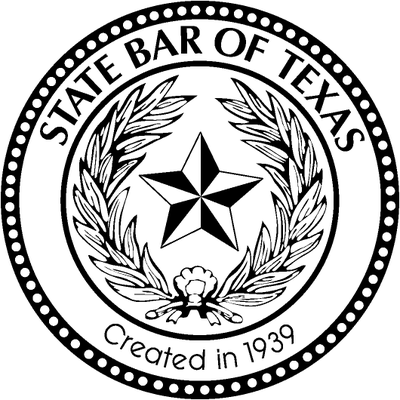My mother taught me never to talk about sex, politics, or religion in a social setting. You might ask: where’s the fun in that? But for employers, training employees to avoid these topics in the workplace is not only more fun than getting sued for discrimination or harassment, it is critical to preventing and defending such claims.
The recent Chick-fil-A incident is a good example of what not to do. As reported by Slate, Chick-fil-A’s president, Dan Cathy, said in an interview with the Baptist Press that the company was “guilty as charged” when it came to endorsing the biblical view of traditional marriage. Later, on the Ken Coleman show, Cathy clarified that when it comes to legalizing same-sex marriage, “I think we are inviting God’s judgment on our nation when we shake our fist at Him and say ‘we know better than you as to what constitutes a marriage’ and I pray God’s mercy on our generation that has such a prideful, arrogant attitude to think that we have the audacity to define what marriage is about.”
What effect will Cathy’s remarks have on Chick-fil-A managers who are tasked with reducing the workforce? Will they choose to terminate the homosexual employee over the heterosexual? The non-married over the married? The non-religious over the religious? What effect will the remarks have on employees of Chick-fil-A who are terminated or demoted and whose lifestyle is not in accord with Cathy’s views? Will they choose to sue Chick-fil-A and pursue a claim they otherwise would not have pursued? How will such remarks affect a judge or juror’s view of Chick-fil-A in a lawsuit?
When I asked my mother why I should avoid talking about sex, politics, or religion in a social setting, she explained that people are sensitive to these topics, and when you talk about them, someone is likely to get their feelings hurt. I know she was right. I also know that hurt feelings lead to lawsuits. Cathy’s remarks, while protected by the First Amendment, hurt many people. They will likely also hurt Chick-fil-A in court.









